Ben Gulak, founder of the Networked Artistic Learning Algorithm (NALA), has seamlessly combined his diverse talents as a computer scientist, entrepreneur and professional painter to transform the art market. With the shift in the art landscape driven by external factors, the visionary shares valuable insights into navigating it by leveraging vast data and democratizing access to art.
Following the recent economic and geopolitical challenges, Ben shares an interesting perspective on the current art market. “The market is experiencing a decline,” he says. No segment is untouched — emerging artists, established names, galleries and even art fairs are all feeling the squeeze. “Almost every artist offers massive discounts to sell. Galleries are admitting sales are down, and fairs have been lackluster, to say the least,” the founder adds.
A large share of industry veterans are quick to say that this downturn was unexpected, but Ben argues many of the signs of fallout have been around for a while. Annual market reports showcased record numbers in the past few years, but concerns were growing at the lower end of the market.
Although the market’s restructuring is devastating for talent and galleries, the industry must become more resilient in the face of evolving challenges. Ben believes this era is an inevitable phase in the market’s cyclical nature, and will eventually birth a newer, more value-driven sector.
Several factors may have contributed to the art market’s restructuring. Ben believes the ultra-high cost of living is the main reason why art has become less important. “If people struggle to keep their homes and cars filled with gas and buy groceries, then there’s simply less disposable money floating around,” Ben says. “Maybe on the high end of the market, people are holding onto their money and waiting on geopolitical issues, but I think most people are just struggling right now, and we have to accept that.”
In the first half of 2024, the art market saw a startling drop in sales. Galleries, artists and collectors have grappled with this setback in different ways. Overall, market inefficiencies have exacerbated and even existed when spending was higher due to low interest rates. The sector’s problems have persisted quietly in the background. “Galleries have dominated the industry, being the gatekeepers, determining who is deemed valuable, who is worth collecting and who can succeed,” Ben says. “The result is that the majority of the global artistic talent pool is kept out of the marketplace, and we are stuck in a quagmire of overpriced, market-manipulated items. With the explosion of the internet, a few big platforms have stepped in to handle online sales. But these cater almost exclusively to galleries, creating a fee structure that’s roughly 30% to the platform, 50% to the gallery, and whatever is left goes to the artists. The buyer, meanwhile, often still has a luxury import duty on the art they purchased.”
As people become more value-conscious, these fees and middlemen become undesirable. Ben believes a buyer’s market where buyers have the ability to go directly to artists and purchase items at a cost they can afford will become the norm.
Ultimately, art is worth what somebody is willing to pay for it. “If you are looking to spend less than $20,000 on a work of art, you should get something you genuinely love and be happy for its artistic value, not because it might go up in value. I understand why some collectors are pulling their work from auctions to avoid seeing their collection value decrease. But that doesn’t mean sales can’t still happen. We are in a buyer’s market right now. Every artist is willing to negotiate, and every artist is hungry to keep doing what they love,” Ben explains.
The art market is poised to recover at some point in the future as the demand for original, quality creations will never completely vanish. Humans inherently require some form of expression and creativity to find fulfillment in life, making art an indivisible part of society’s DNA. Ben echoes these sentiments, “The market lost sight of the importance of merit, allowing the cream to rise to the top, and instead, we got a very messy, bloated industry that needs to right itself. We need to rethink the entire sales process of how art is discovered and acquired. Too many artists were kept on the outskirts, and buyers never had an opportunity to truly select the best items with the old system. We need a leveling of the playing field and allow art lovers to trust their instincts, deal directly with artists and see what happens. As long as we have a business model that caters to the old system, we aren’t looking to the future. Every industry on the planet is going buyer/seller-direct.”
Soon, Ben predicts a shift toward value-driven demand and hopes a meritocratic ecosystem prevails, rewarding true artistic and creative talent while filtering out derivative and copycat artists. Authenticity must be celebrated. After all, art is meant to personify the human experience, make statements about social issues, or simply capture the beauty of life. If talent isn’t encouraged to march to their own drum, the prevalence of generic art will only grow.
After having straddled both the art world as a painter and agent of sorts in the tech world, Ben built NALA [Networked Artistic Learning Algorithm] as a way to broaden the art market and crack it wide open. “I believe that if we can create a marketplace where all artists can participate and buyers have access to see the best of what’s available and deal directly with artists, we have an opportunity to revolutionize the industry,” he says.
NALA works by matching art lovers with artists based on their unique personal preferences. Every time an art lover engages with an image on NALA, it learns their preferences and can find more artwork suited to them. This makes it possible to efficiently connect artists with art lovers and take no commissions. Ben is anticipating a major transformation in the art market within the next five years thanks to NALA’s pioneering technology. “With my NALA, we can create an open marketplace where all buyers have access to stunning pieces that artists are fairly compensated for,” Ben says.
VentureBeat newsroom and editorial staff were not involved in the creation of this content.
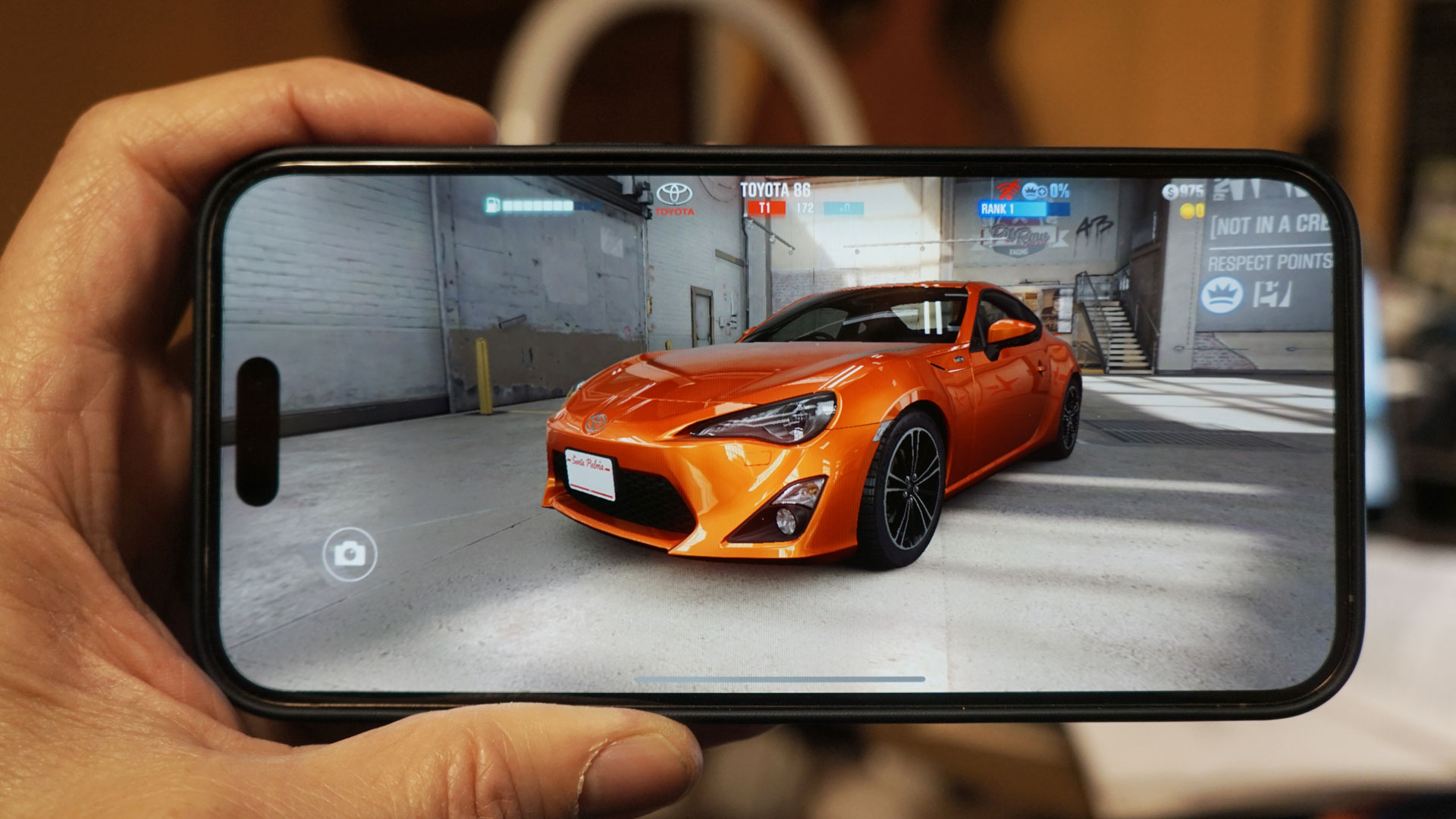

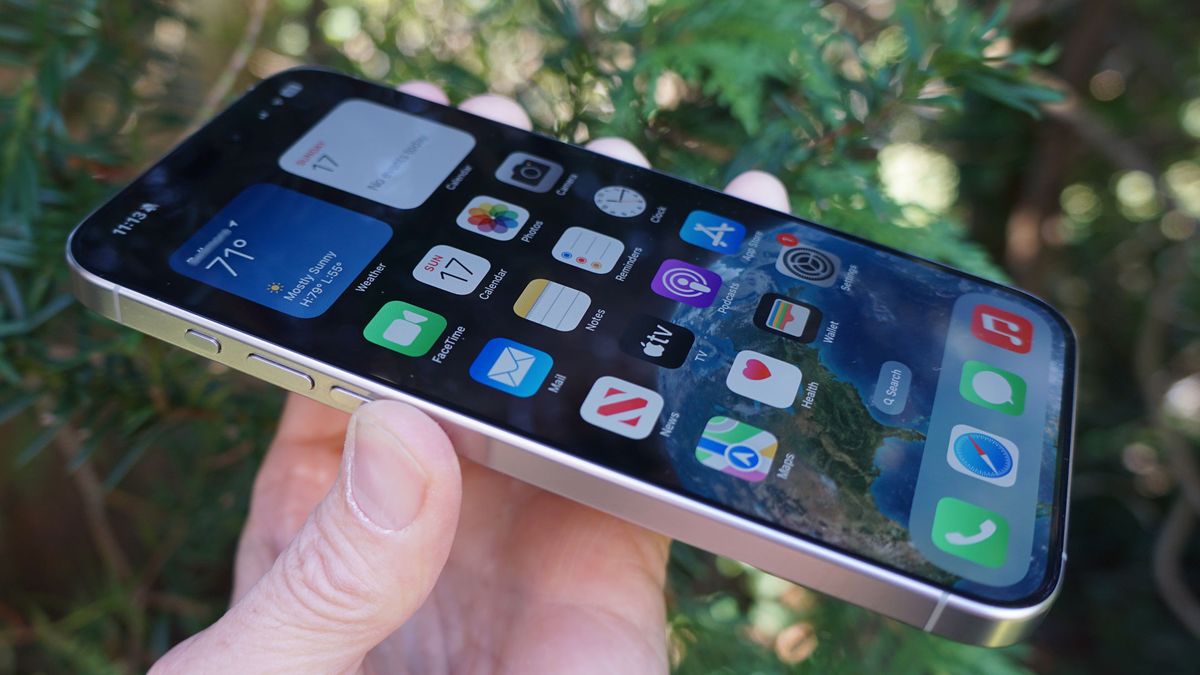
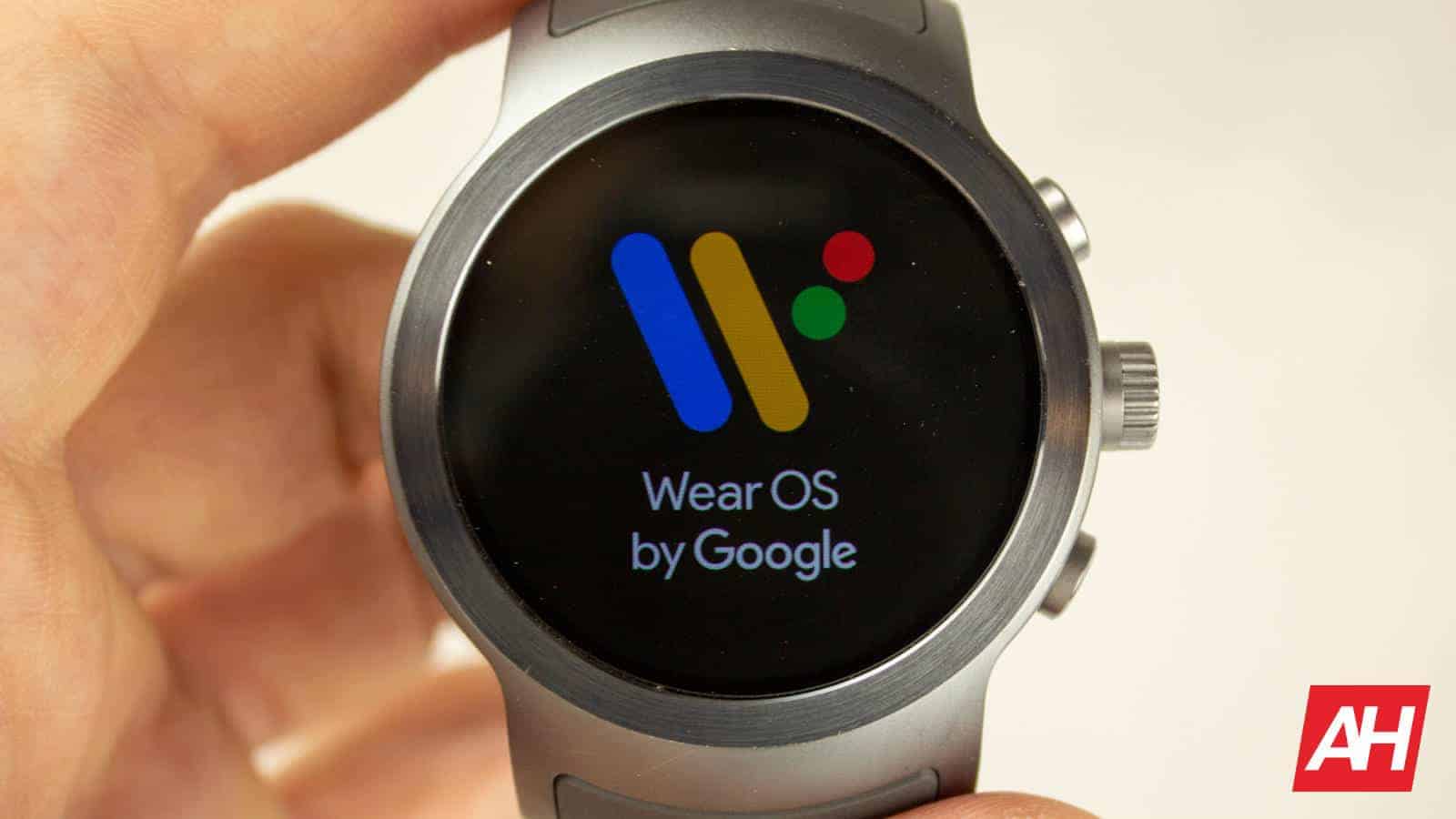
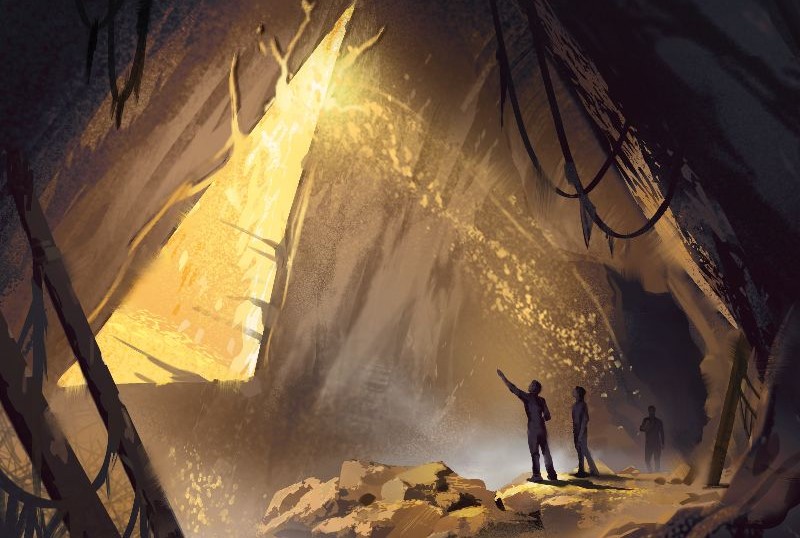

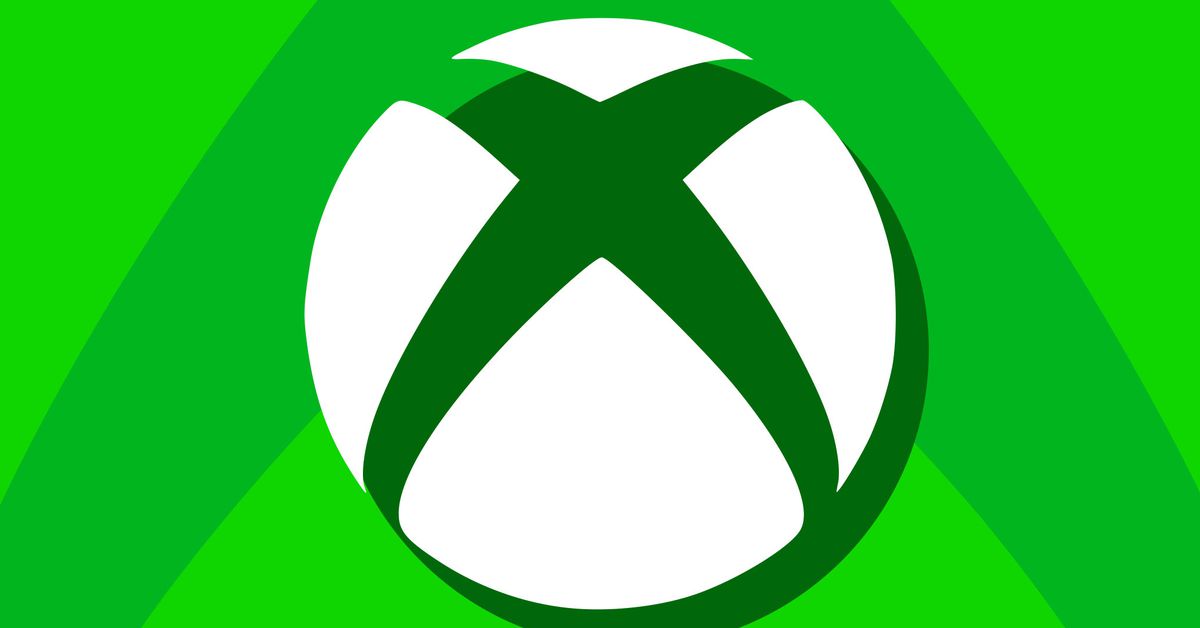
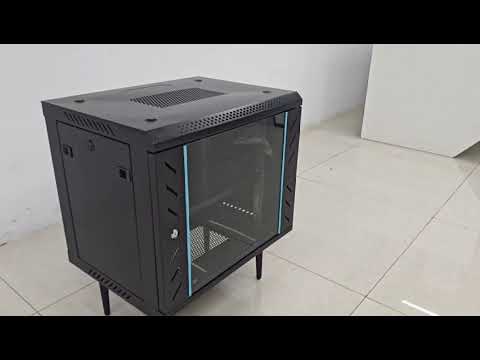
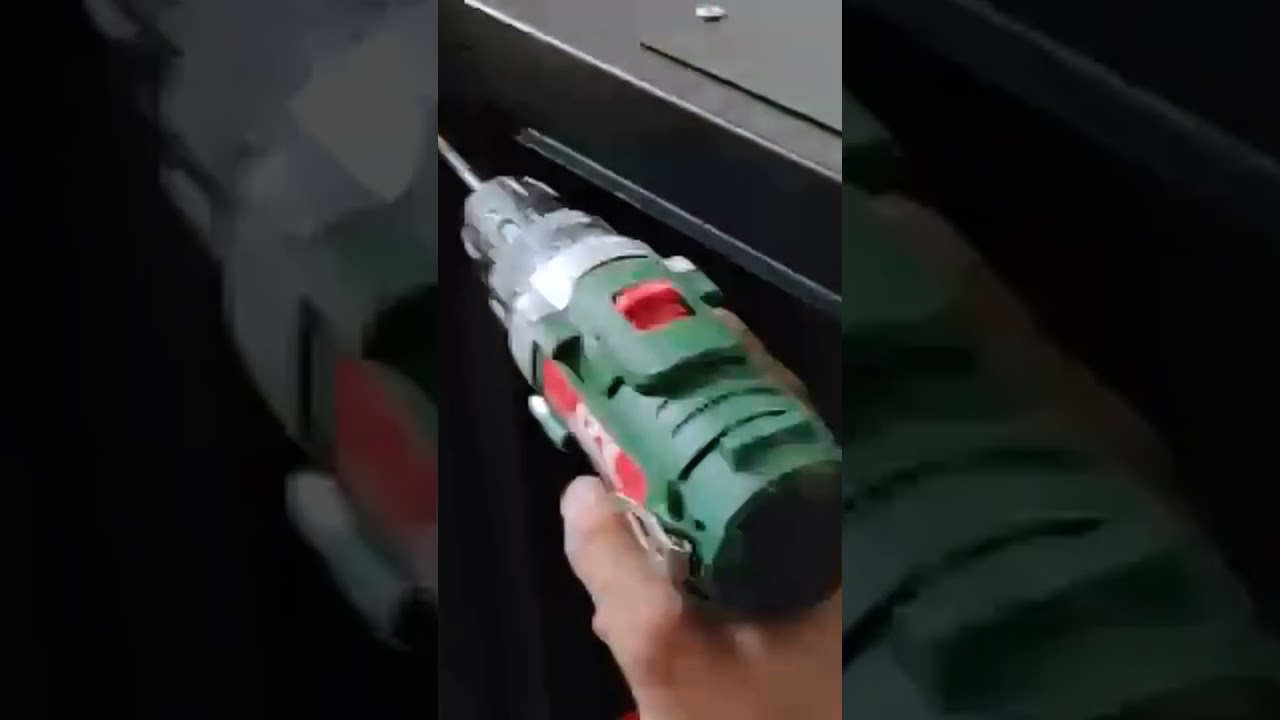





























































































































You must be logged in to post a comment Login